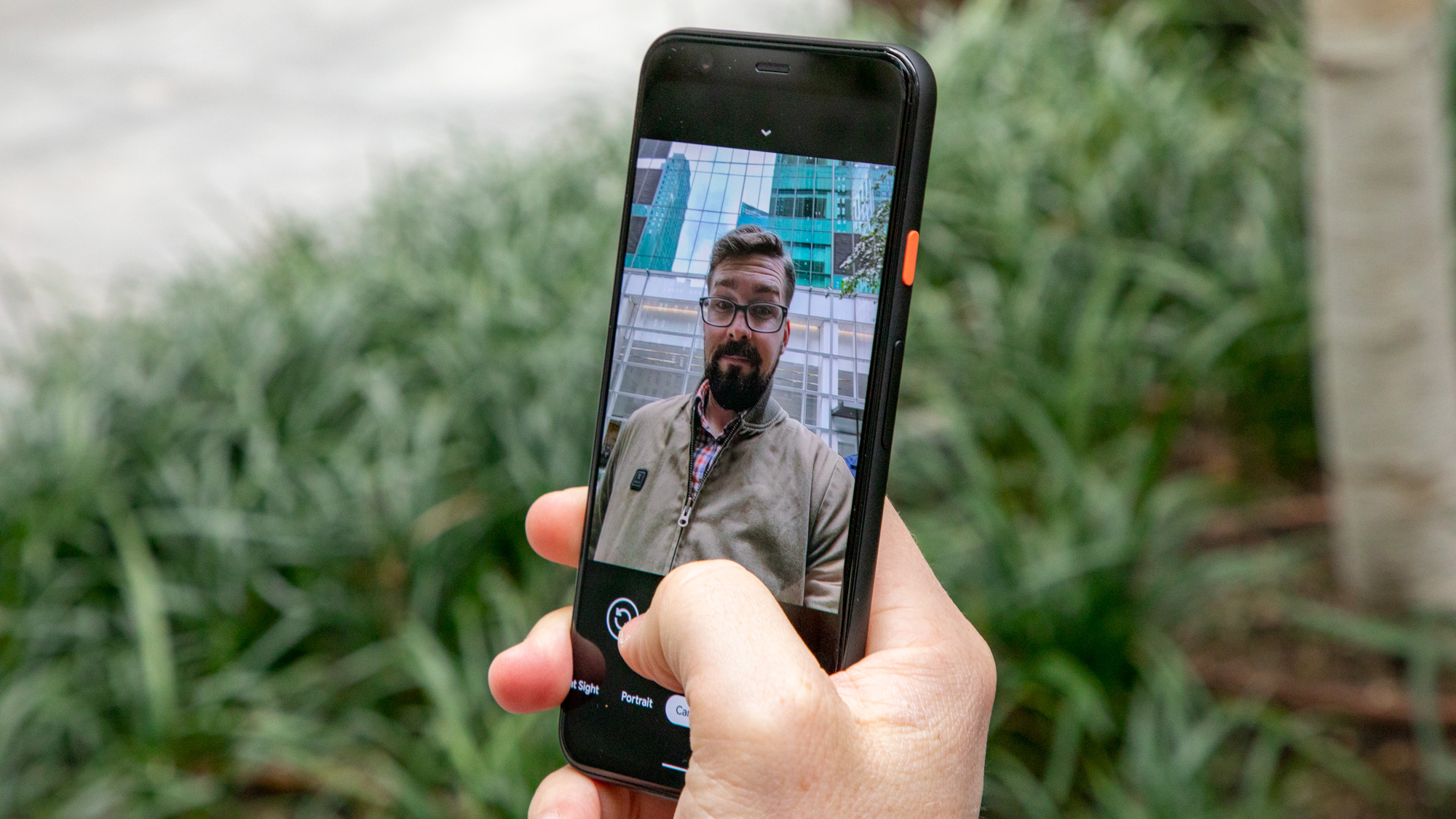Android 12 accessibility win: navigate around your phone with your face
Accessibility win: soon you’ll control your Android phone with your face

While the Android 12 beta has been available for months, new features are being discovered all the time – like one that allows users to control their phone with their face.
The feature, which was first noticed by Droid Life via Twitter user Hani Mohamed Bioud, adds the feature specifically to expand accessibility, though there’s nothing stopping other users who have downloaded the early version of Android 12 from trying it out.
You haven't talked about this feature @MishaalRahman @iamkellex! pic.twitter.com/0FAa8zj9hDAugust 15, 2021
The feature, called Camera Switch, recognizes particular facial movements – from smiling to raising eyebrows to looking left, right, and up – which can be mapped to navigation options. The feature is nested deep in the phone’s settings – to reach it, head to Settings > Accessibility > Switch Access > Settings > Camera Switch.
Analysis: Android 12 is big on features, but not necessarily accessibility
The Android 12 beta was made available shortly after it was officially revealed at Google IO 2021, and while new perks like the Material You unified UI redesign and new privacy controls were showcased, we haven’t seen much in the way of accessibility with beta releases aside from making it easier to summon Google Assistant by long-pressing any phone’s lock button.
That makes Camera Switch the most exciting accessibility feature we’ve seen yet in Android 12, making up some ground behind Apple’s operating systems, which have offered superior and more widely-ranging accessibility options – for instance, an iPadOS update earlier this year added support for third-party eye-tracking devices to navigate using eye movements.
But if you’re curious, the Android 12 beta is open to more than just Pixel phones, though admittedly Google’s handsets will get a more stable public beta; if you’re using one of a dozen other Android 12 compatible phones like the Oppo Find X3 Pro, OnePlus 9, TCL 20 Pro 5G, or Xiaomi Mi 11, you’ll have access to a more finicky (but still free) developer beta.
- Stay on top of tech news with the TechRadar newsletter
Get daily insight, inspiration and deals in your inbox
Sign up for breaking news, reviews, opinion, top tech deals, and more.
David is now a mobile reporter at Cnet. Formerly Mobile Editor, US for TechRadar, he covered phones, tablets, and wearables. He still thinks the iPhone 4 is the best-looking smartphone ever made. He's most interested in technology, gaming and culture – and where they overlap and change our lives. His current beat explores how our on-the-go existence is affected by new gadgets, carrier coverage expansions, and corporate strategy shifts.
